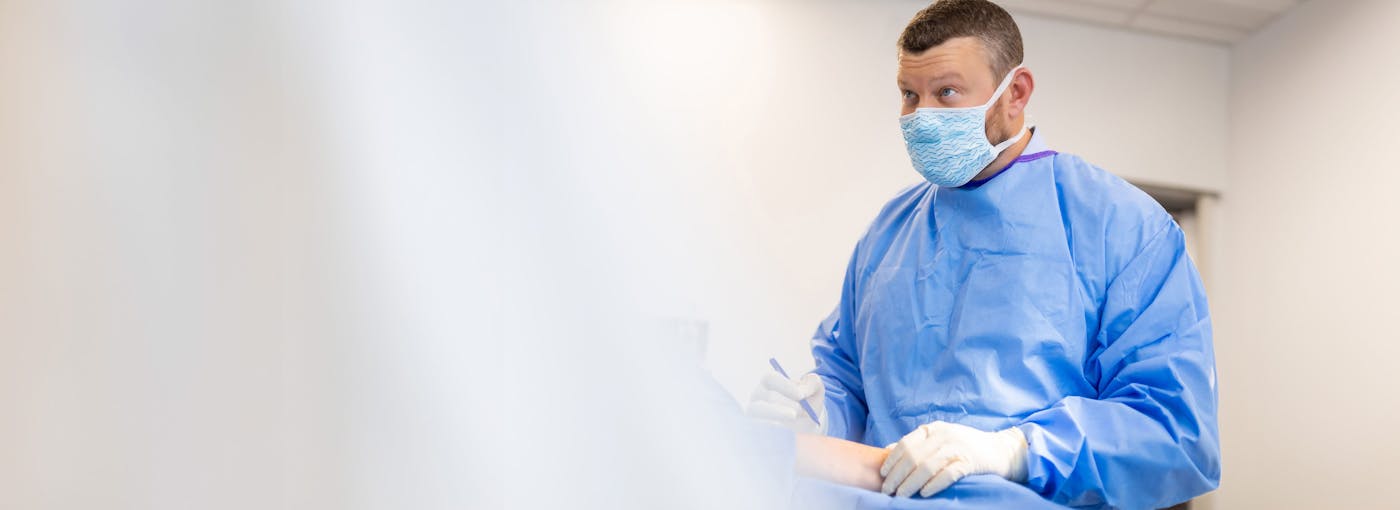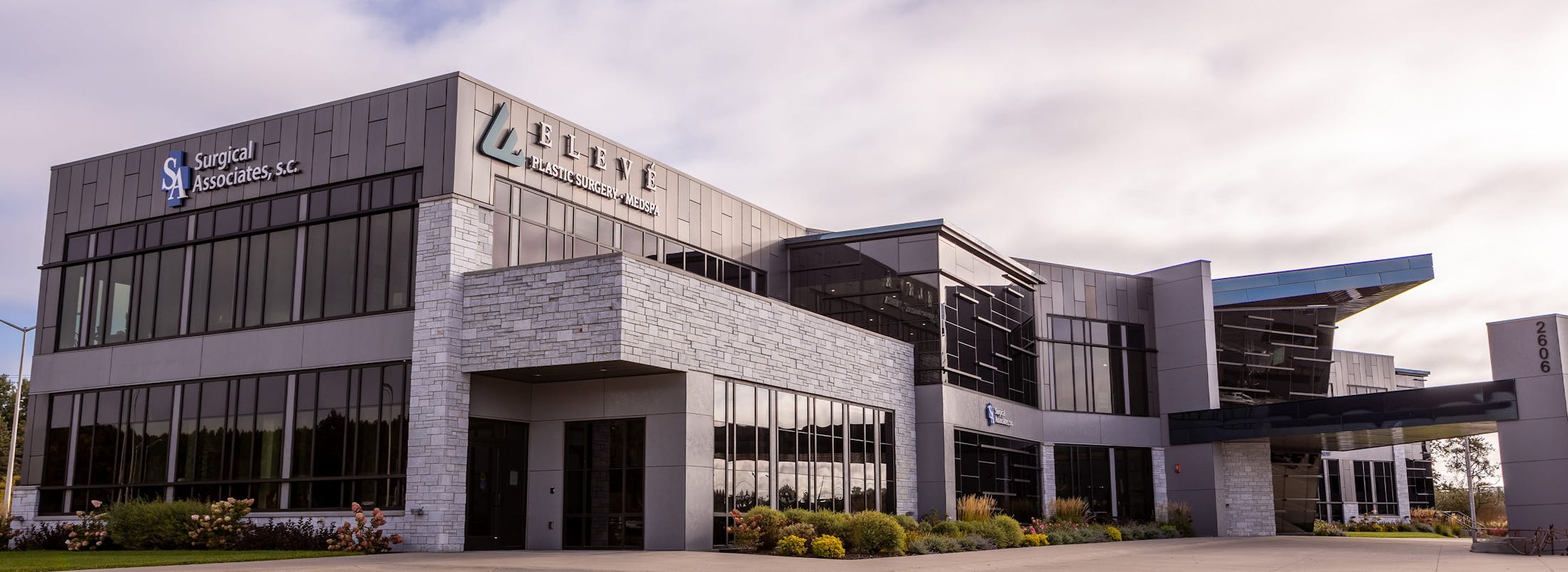Navigate through our General Surgery section to understand the wide range of surgical procedures we offer, addressing issues from abdominal surgeries to complex endocrine disorders.

Hernia
Our Hernia Surgery area provides insights into effective surgical options for hernia repair, aiming to alleviate discomfort and restore function.

Thyroid
In our Thyroid Surgery section, find comprehensive information on the latest surgical techniques for treating various thyroid conditions, from benign nodules to thyroid cancer.

Bariatric
Discover our Bariatric Surgery services, offering advanced surgical solutions for weight loss and improved health for those struggling with obesity.

Medical Weight Loss
Excess body weight can be a complex health condition that requires more than just lifestyle changes to overcome.

Colonoscopy Screening
At Surgical Associates, we emphasize the importance of colonoscopy screening in the prevention and early detection of colorectal cancer.

Colorectal Surgery
At Surgical Associates, we specialize in colorectal surgery, a critical field of medicine dedicated to treating conditions of the colon and rectum.

Pancreatic & Liver Surgery
At Surgical Associates, we specialize in pancreatic and liver surgery, providing advanced treatment options for a range of conditions affecting these vital organs.

Gastric Reflux Procedures
Gastric reflux, commonly known as acid reflux or GERD (Gastroesophageal Reflux Disease), affects many individuals, causing discomfort and potential long-term health issues.




